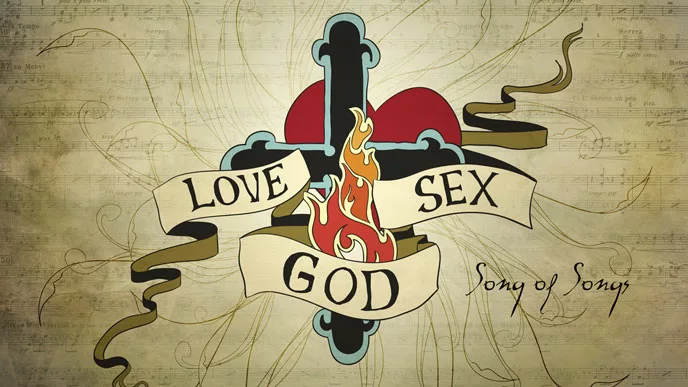I was reading this article over at Journal of aggressive Christianity
A few interesting things came out of it. John Cleary writes of the Worship wars that the church is going through
At the moment the Church is going through what may be described as the Worship Wars, a battle between contemporary and traditional forms in worship and particularly in music for worship. The war is as much over content as it is over form. And for the participants the stakes in the war are nothing less than the future of the Church.
It is also clear what stance the early Salvation army took in this issue.
This war is one in which The Salvation Army has its own significant place. One hundred years ago The Salvation Army was being roundly criticised for employing similar musical methods and techniques. Unfortunately the lessons of our history seem lost to us.
The Salvation Army began life as a movement that used the most popular and accessible forms of music to reach a public for whom the message of the Church was shrouded behind musical forms that had no relevance to them, and rituals that spoke of another age. The early Salvation Army captured, cannibalised and redeemed the popular forms of the day, and filled them with messages that spoke of the love of God for ordinary people and the power of God to change the world. This combination of music that was relevant and lyrics that touched lives was revolutionary. The message of the Salvationists was carried in song – songs that mapped the way to a new world.
Early Salvationists recognised the power of musical form, sometimes as an end in itself, but always within the context of wider theological convictions. The form was to serve as the herald of the message, a message that was as distinct, and powerful as the form itself. Music opened the door of the heart, and lyrics shaped the life of faith.
The lyrics of worship in the early Salvation Army were critically linked to evangelism. Songs for worship were also songs that spoke to the lost and broken. These were not songs for the elect body of believers but for the whole lost world for whom Jesus came.
The early salvation army recognized the fact that music is and has always been a spiritual endaevor and depending on what spirit you comunicate through your music you will push people closer or further from God.
It is also interesting to note that the ever so popular Hillsongs movement in Australia was started by a man with a Salvation Army heritage. It seems clear to me that we as the Salvation Army faces a very simple choice.
We can adapt and embrace todays music styles and fill them with the blood of Christ and fire of God, or we can see all our young people leave only to start new churches playing their music in the best case scenario, or wander of aimlessly into the world worshipping the idols on MTV and the ideals of the plastic new age.
Or more to the point are we going to sing the music we like and cater to our own needs or are we going to sing the music they like and reach the unreached of this world?





“…are we going to sing the music they like and reach the unreached of this world?”
The only problem with this is how to define who the ‘they’ are! There are a wide and varied range of musical tastes in the world today. In Latvia there are a number of Christian bands in the various subsets of the ‘punk’ genre who have written extremely good and solidly Christian songs, however introducing this genre into worship in a church will mean that the church is aimed at those who are in that particular culture at the expense of many others.
Is this the way the church should be going?
Graeme
Another question one might ask is what culture are we catering to right now, at the expense of others?